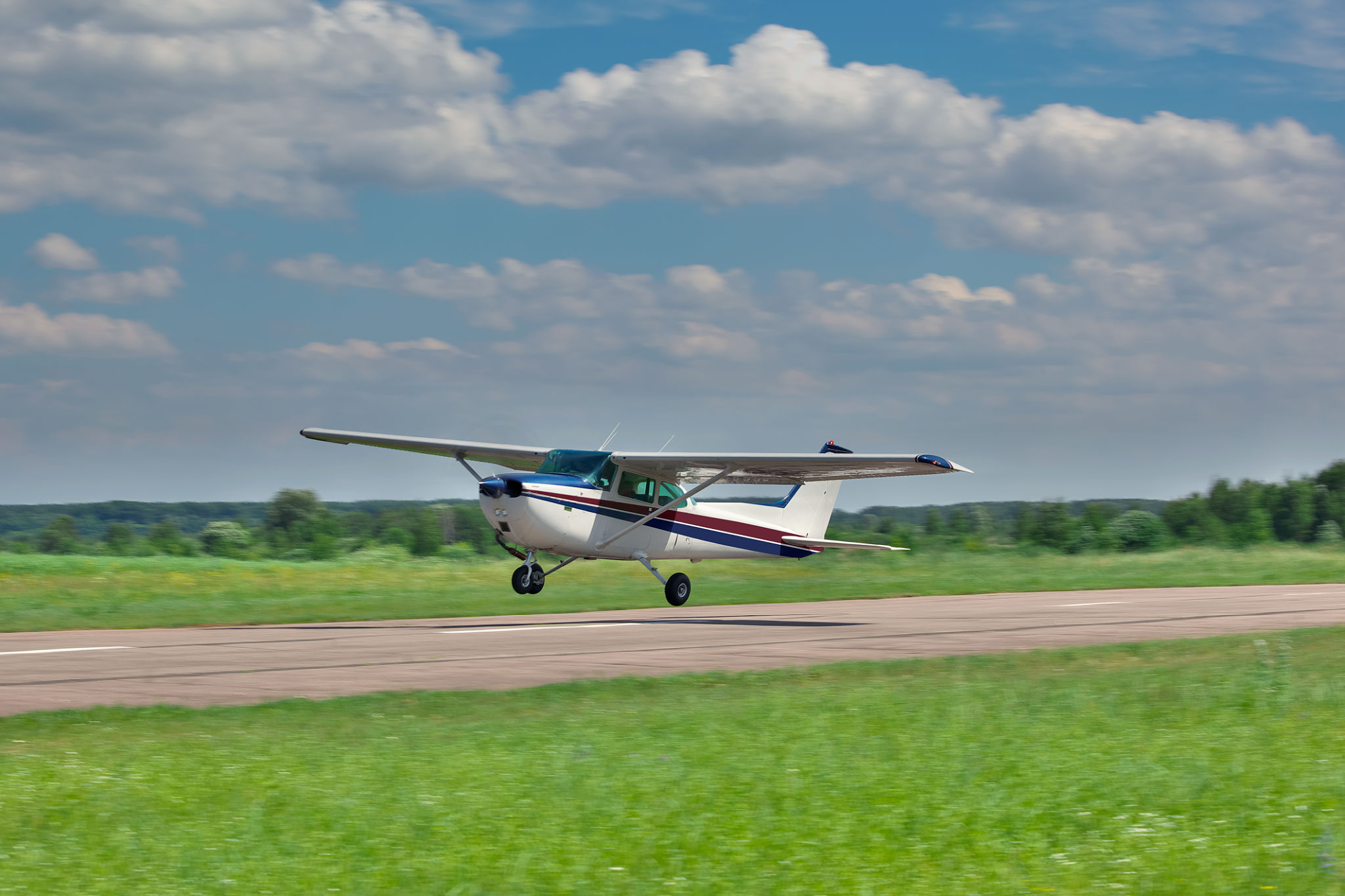The Role of Air Security in Modern Aviation Consulting: Ensuring Safe Skies
In the rapidly evolving world of aviation, air security remains a cornerstone of ensuring safe and secure skies. As air travel continues to grow, both in terms of passenger numbers and technological advancements, the role of air security in aviation consulting has become increasingly critical. This sector not only addresses the traditional aspects of safety but also adapts to new challenges posed by emerging threats.
Understanding Air Security
Air security encompasses a wide range of measures designed to protect aircraft, passengers, and infrastructure from malicious acts, including terrorism and sabotage. It involves the implementation of both physical and procedural safeguards, ranging from improved screening processes to advanced technology deployment. Consulting firms play a pivotal role in advising airlines and airports on best practices, compliance with international regulations, and the integration of innovative security solutions.

The Importance of Air Security in Aviation Consulting
Aviation consulting firms provide valuable insights and strategies to enhance air security measures. These experts assess current security protocols and identify potential vulnerabilities, offering tailored solutions that meet specific client needs. This process often involves a comprehensive review of existing systems, followed by recommendations for upgrades or modifications to better protect against current and future threats.
Regulatory Compliance
One of the primary responsibilities of aviation consultants is ensuring that airlines and airports comply with international security standards and regulations. These guidelines are set by organizations such as the International Civil Aviation Organization (ICAO) and are vital for maintaining a uniform level of safety worldwide. Consultants help clients navigate these complex rules, ensuring that all operations meet or exceed required standards.
Adapting to Emerging Threats
The landscape of air security is continuously changing as new threats emerge. Cybersecurity has become a significant concern, with potential attacks on aircraft systems and airport infrastructure posing serious risks. Aviation consultants must stay abreast of these developments and incorporate cybersecurity strategies into their advisory services. By proactively addressing these issues, consultants help create a resilient aviation environment.

Technological Advancements
Technological innovation plays a crucial role in enhancing air security. From biometric identification systems to artificial intelligence-driven surveillance, consultants guide clients in adopting cutting-edge technologies that improve safety and efficiency. These innovations not only streamline security processes but also enhance the overall passenger experience by reducing wait times and increasing accuracy in threat detection.
Training and Awareness
A key component of air security is ensuring that all personnel are adequately trained and aware of current security protocols. Aviation consultants often design and implement training programs that equip staff with the knowledge and skills necessary to respond effectively to potential threats. This training encompasses everything from basic security awareness to advanced crisis management techniques.

The role of air security in modern aviation consulting extends beyond just protecting assets; it fosters a culture of vigilance and preparedness. By continuously adapting to new challenges and leveraging the latest technologies, aviation consultants ensure that the skies remain safe for all travelers. As the industry continues to grow, the importance of robust air security measures cannot be overstated.
